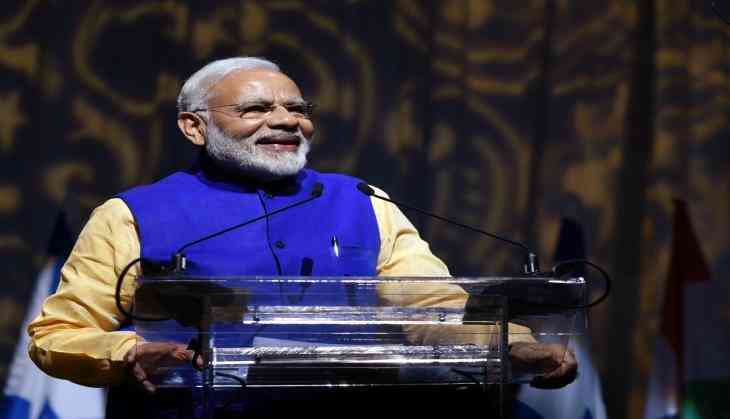
Blaming the Modi government's note-ban, hawkish monetary policy of RBI and a strong rupee for the tepid growth, Nobel winning economist Paul Krugman has said the 6 per cent GDP expansion is "disappointing" for a country like India.
The noted American economist also questioned whether the favourable demographics which makes the country with the highest working age population in the world, would aid economic growth at all.
"Your 6 per cent growth is actually disappointing. You probably should be doing 8 or 9 per cent," the economist said. Unlike the advanced economies, it is "conventional macroeconomic issues" which are afflicting India, he said.
Diagnosing what limits the economic expansion, Krugman blamed the sudden demonetisation announced last November, the continuing tight monetary policy and also a strong rupee which makes exports uncompetitive.
"You have an odd demonetisation which created some disruption, you have a monetary policy that looks tighter than one can easily justify. I don't quite understand why it isn't looser," he said.
On the continuing hawkish stance of the RBI, he added, "if advanced countries saw the trends of inflation that you see here, you would be talking of substantial loosening of your monetary policy."
Despite inflation trending much below its target of 4 per cent, the RBI has held on to its elevated rates which many experts blame for stifling growth.
The GDP grew by 6.1 per cent in the last quarter of fiscal 2017, which was attributed largely to the note ban.
On November 8, 2016, Prime Minister Narendra Modi took the nation by surprise abolishing Rs 500 and Rs 1,000 banknotes with stated objective to fight the scourge of black money.
However, withdrawing 86 per cent of the currency in circulation in a economy that was close to 98 per cent cash-driven, had its impact on growth, as seen in the official data released in May.
On the issue of demographics, Krugman termed the situation to be a "little problematic" for the country.
"India is still a surplus labour economy with a large number of people inefficiently employed in agriculture which means instead of providing the base for rapidly growing production...it is not clear why a favourable demography is not translating into favourable growth," he said.
-PTI


